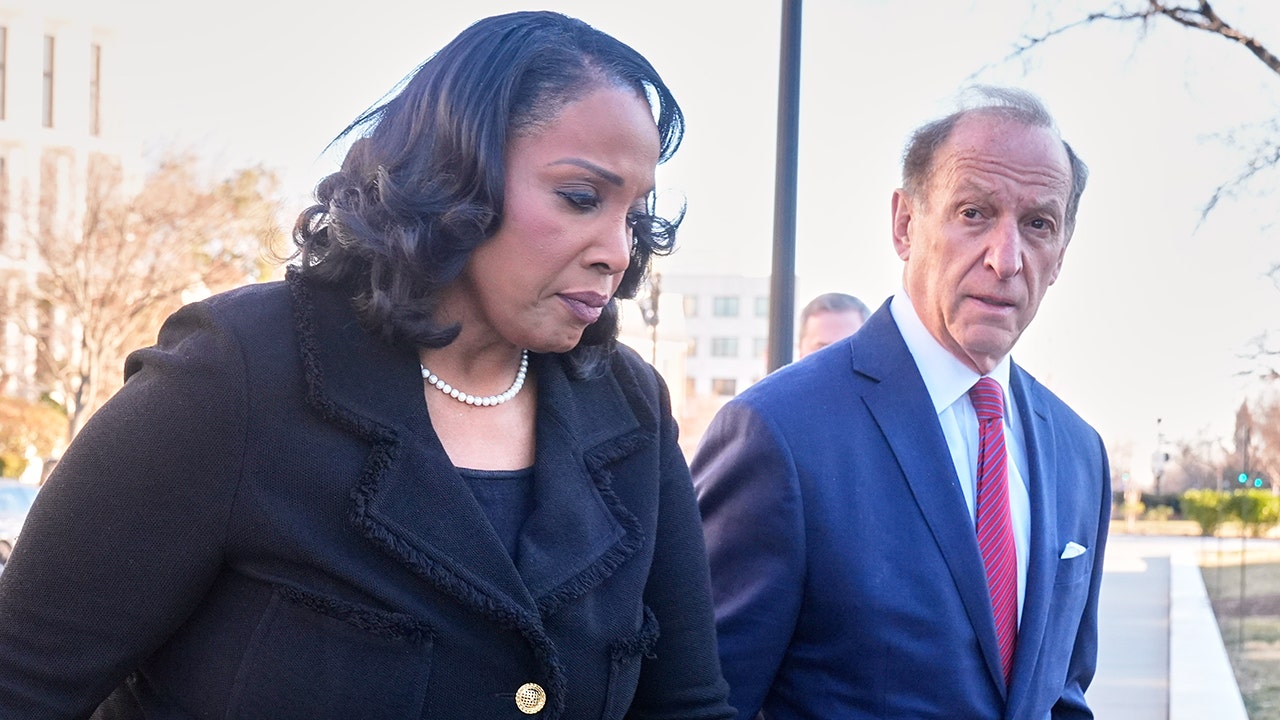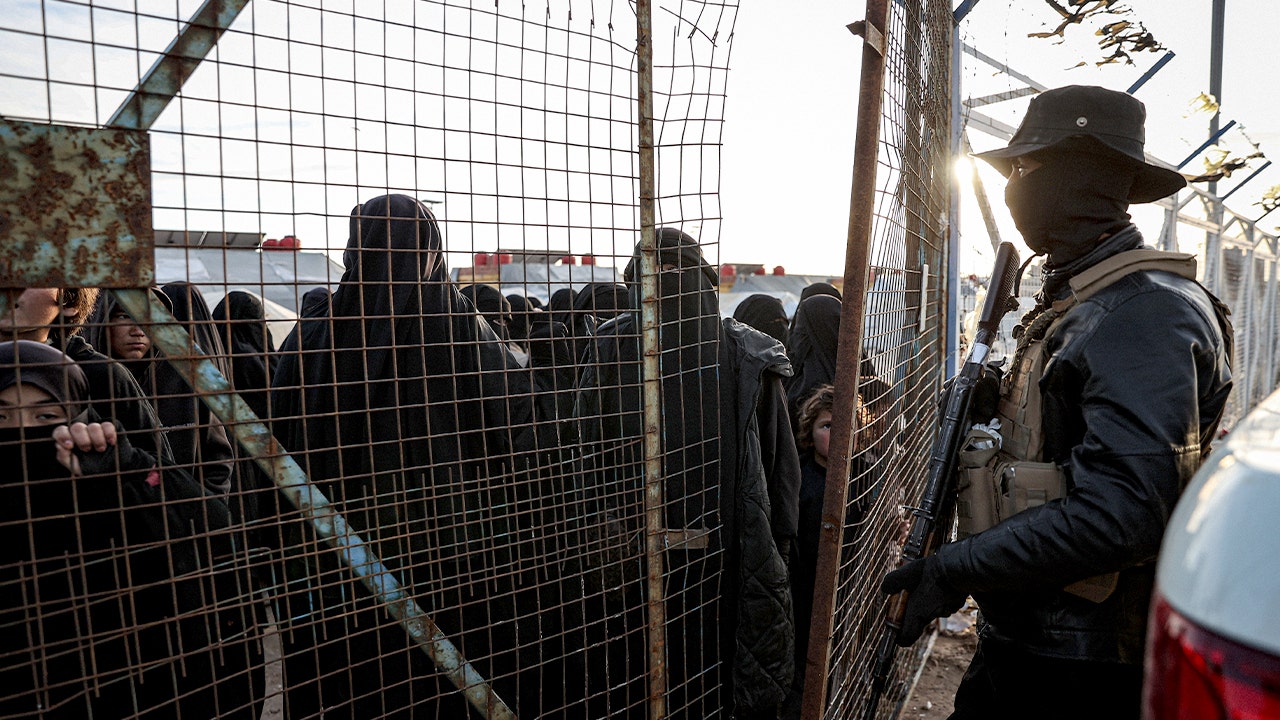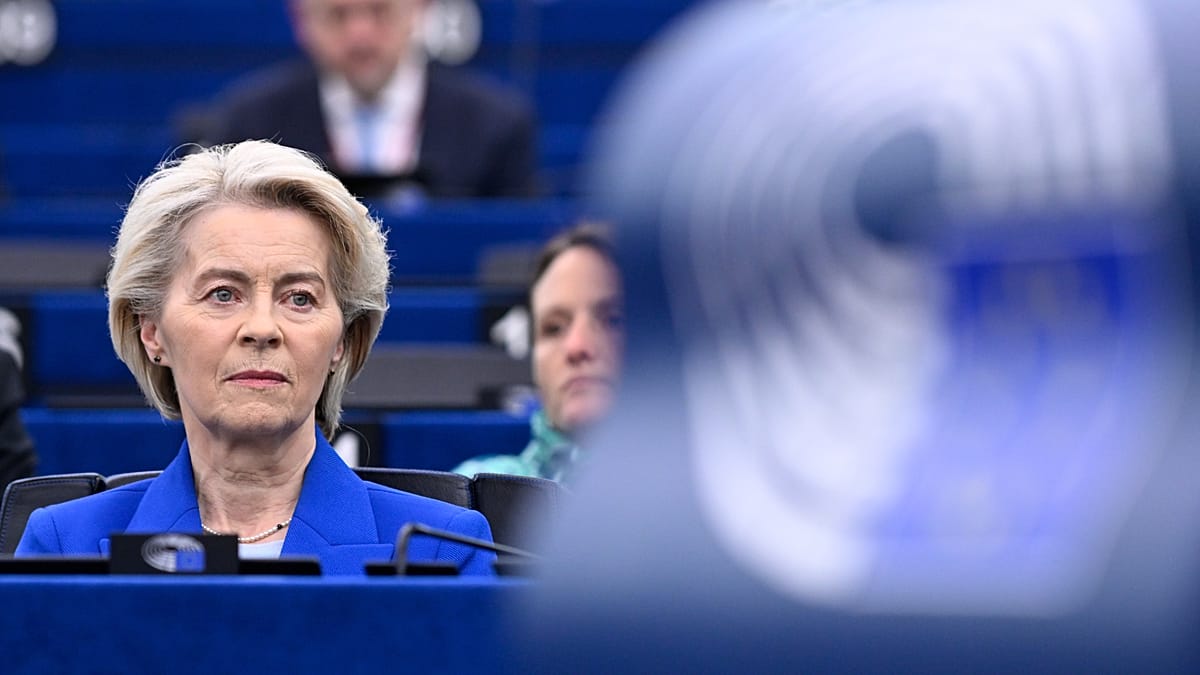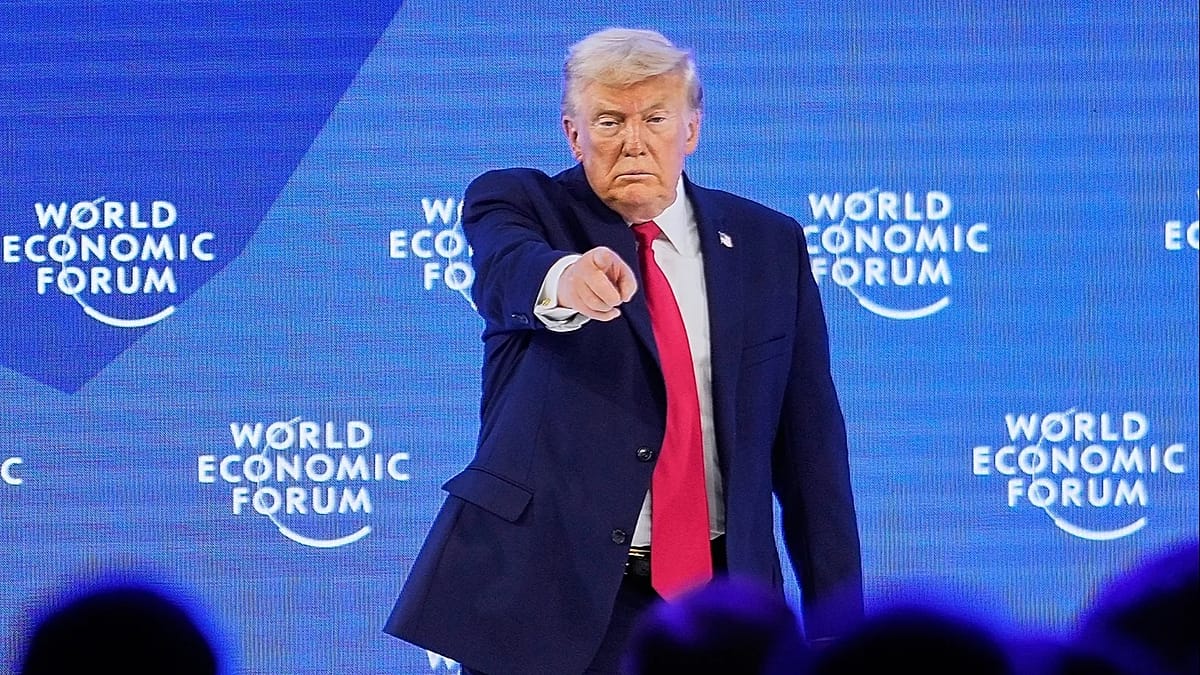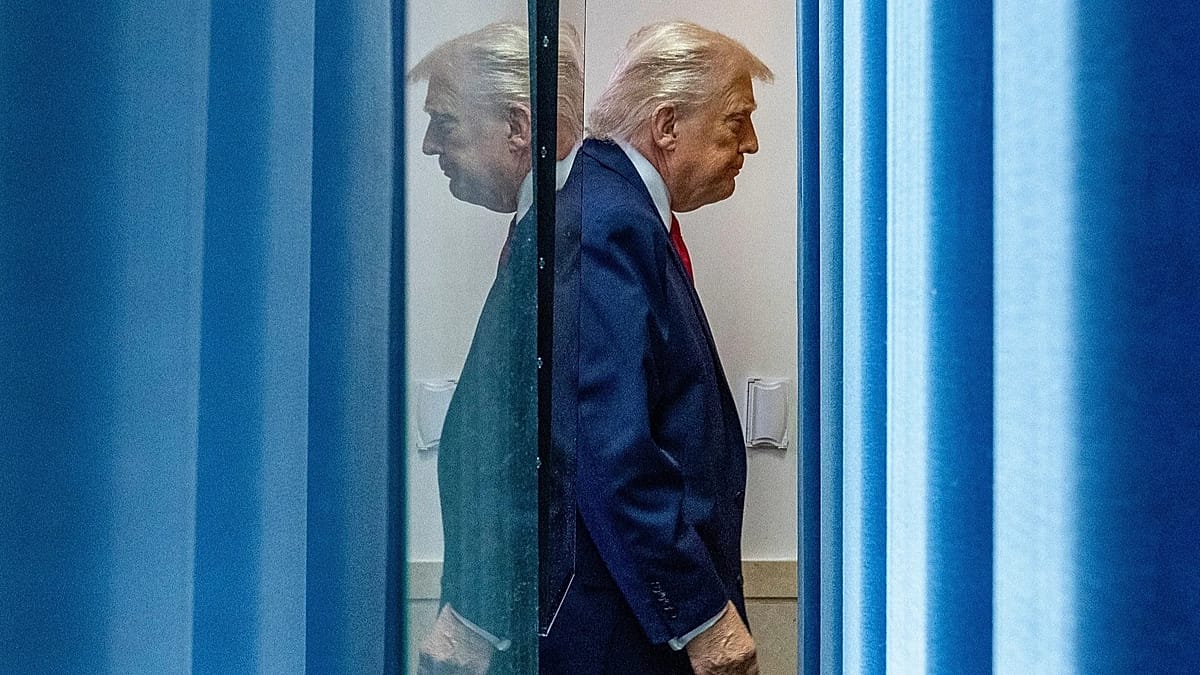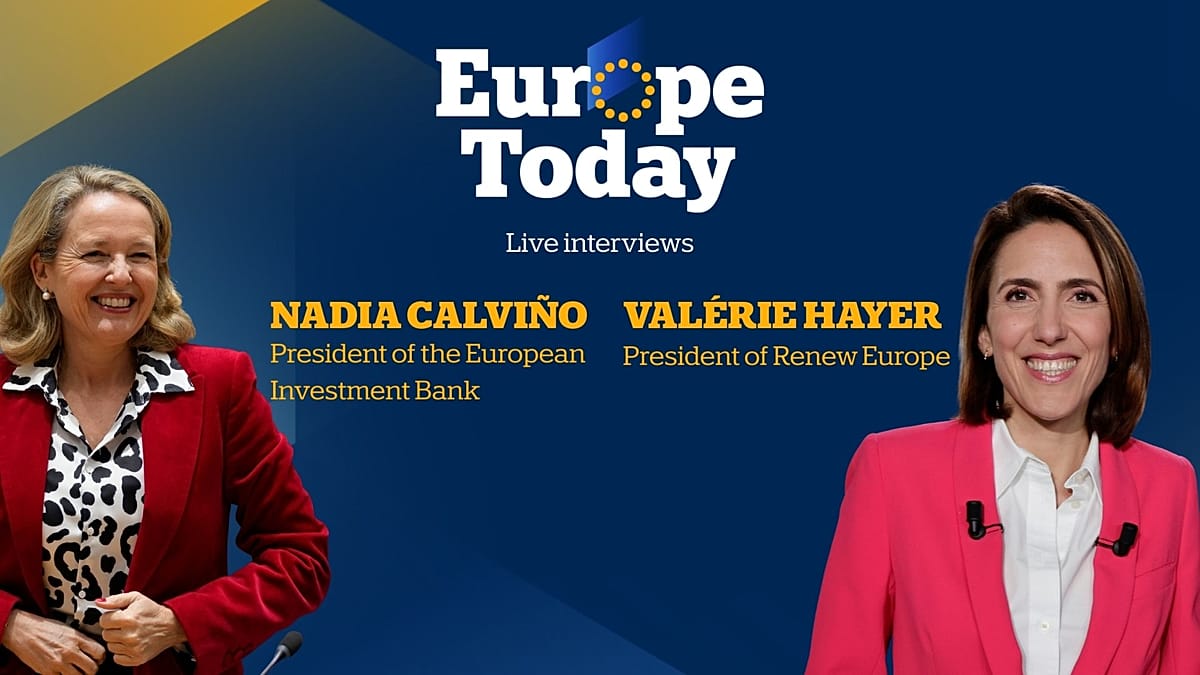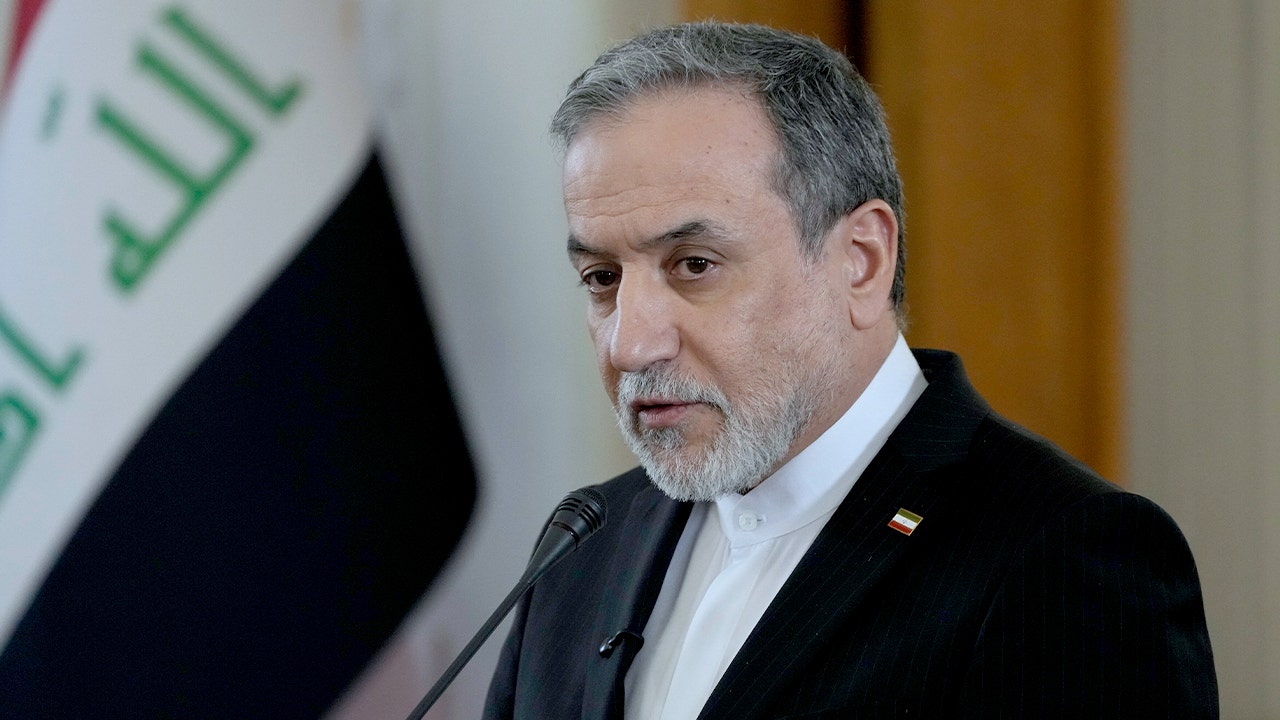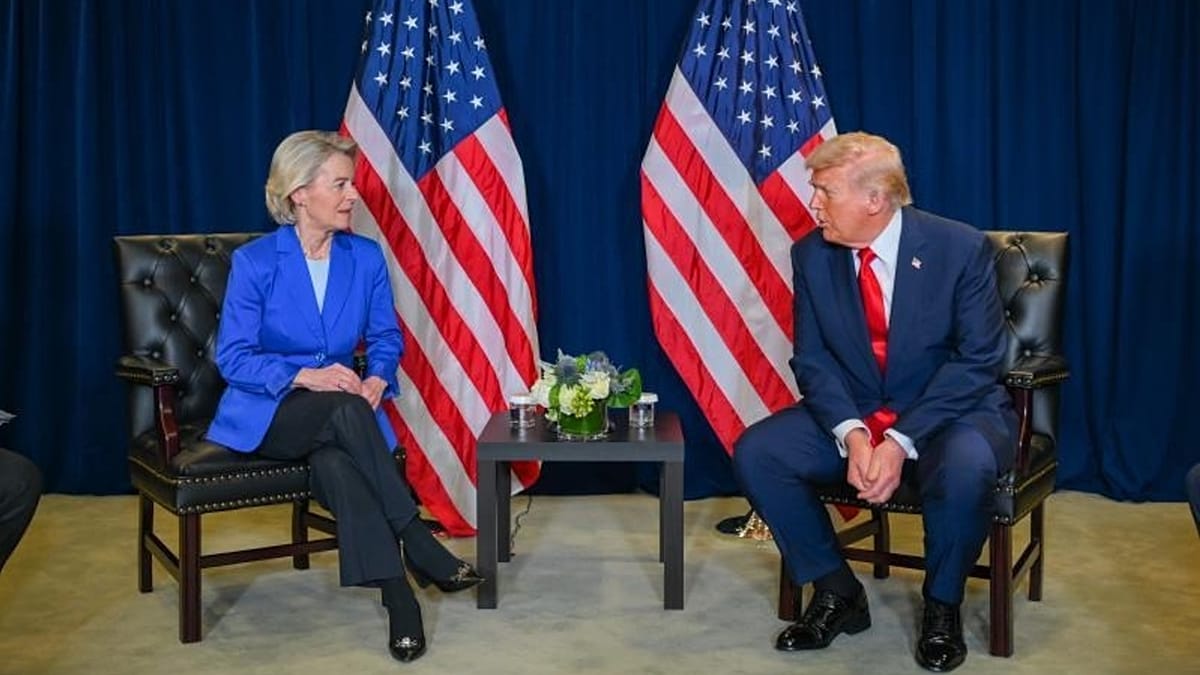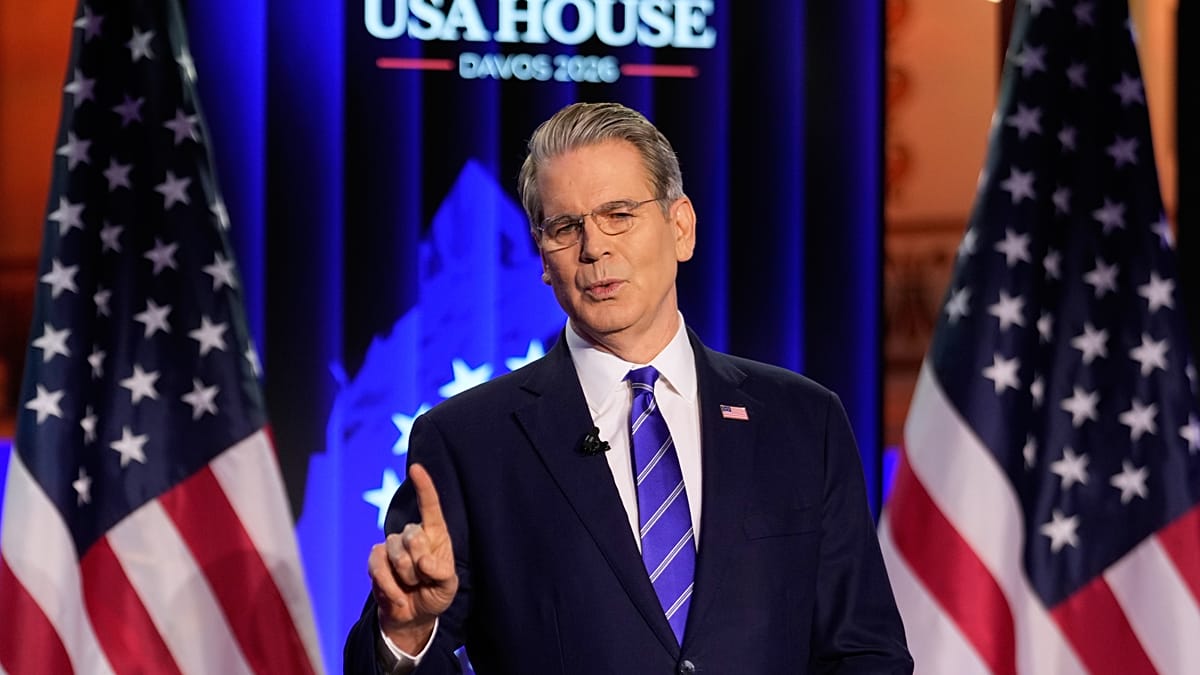Four political groups of the European Parliament, including the European People’s Party, have sent a joint letter to the European Commission’s chief, asking Ursula von der Leyen to amend a close to €2 trillion proposalfor the EU’s next budget.
The letter, seen by Euronews, was co-signed by the group leaders and rapporteurs for the budget of the European People’s Party (EPP), Socialists and Democrats (S&D), Renew Europe, and Greens/EFA.
EPP, S&D, and Renew Europe form the centrist coalition that supports von der Leyen’s Commission at the European Parliament. While it is not a formal coalition, their combined votes will be key to passing the EU’s budget for the period covering 2028 to 2034.
The budget, formally called the Multiannual Financial Framework (MFF), requires the backing of the Parliament and the 27 EU member states to be adopted.
“The European Parliament cannot accept this as a basis to start negotiations,” reads the letter, expressing sharp criticism against the proposal, which is in its early stages.
MEPs listed seven demands for an amended proposal from the Commission, including the reversal of the single cash pot per member state, to split up policies on agriculture and cohesion, instead of combining them as pitched, and reassurance on the role and powers of the European Parliament during the negotiations on the budget.
One of the most contentious points concerns the so-called “National and Regional Partnership Plans”, which concentrates nearly half of the EU funds to be disbursed. MEPs from the centrists political groups fear that the new scheme will centralise the budget and sideline the regions as well as the European Parliament, effectively handing more power to the Commission and the member states.
This proposal will lead to “fragmentation, de-solidarisation and the financing of 27 disparate national plans”, the letter seen by Euronews reads.
“The national plans would also strengthen the hands of those governments moving away from EU values”, Fabienne Keller, the budget’s shadow rapporteur for Renew Europe, told Euronews.
Another contentious issue underlined in the letter is the merging of the cohesion and agricultural funds, which the co-signatories would like to see funded separately.
“Pooling these policies together dilutes their distinct role,” MEPs say in the letter, adding that “dedicated budgets per policy would ensure more predictability and certainty for its beneficiaries”.
In the previous EU budget, cohesion and agriculture funds represented the largest cash amount of the EU’s long-term budget, and it is seen as a highly delicate political issue.
In the new proposal, as new priorities around security and defence take centre stage, the Commission has decided to reduce the percentage allocated to cohesion and agriculture in a significant pivot from the traditional policy priorities of the EU’s budget.
“The amounts allocated to the Common Agricultural Policy (CAP) and Cohesion policy represent a substantial reduction in real terms,” MEPs warned in the document.
“A strong budget shall not force our farmers to compete with regions for EU funding,” leading MEP on the file Siegfried Mureşan (Romania/EPP) said in a statement. “Both are essential parts of Europe and must be protected.”
The European Parliament will discuss the budget during a plenary session debate on Wednesday, November 12 in Brussels, but it is not clear at this stage that the debate will be followed by a resolution.
The S&D group stated they are ready to ask the Commission to withdraw its proposal and replace it “with a better one”. Yet the EPP group, the largest in the chamber, remains divided on whether to take such a step, meaning the necessary numbers for the resolution are still not guaranteed.
A resolution rejecting the proposal would not immediately stall the negotiations among the Parliament, Council, and Commission, but it could make the process much longer.
The negotiation is expected to last until late 2027.
The European Commission defends its proposal
The Commission proposal has been criticized for multiple reasons by some EU governments, the European Committee of the Regions, and European farmers’ associations, setting the scene for difficult talks ahead.
Earlier this month, Commission vice-president Raffaele Fitto told regional representatives in Brussels that the EU executive was open to introducing some changes.
However, that suggestion was shot down by the Commission on the same day — and reiterated on Thursday during the daily briefing with journalists in Brussels.
A Commission spokesperson confirmed receipt of the letter and stated that the institution is willing to hear the views of the MEPs and engage in “constructive exchanges”. But the EU Executive did not clarify whether they are willing to amend the initial proposal.
Privately, Commission officials have expressed surprise at the intensity of the backlash in the Parliament against the budget proposal, which they partially link to external lobbying from interest groups.
The Commission’s plan focuses on flexibility, as von der Leyen underlined in her proposal in July when it was first presented. In the last five years, the executive has been in a constant scramble for resources to fund the response to multiple crises, from the pandemic, Russia’s war on Ukraine, the energy crisis, to competitiveness.
In the current budget, 90% of EU funds have already been earmarked for specific programmes, meaning the Commission has been forced to create off-budget instruments like the Ukraine Facility and the SAFE loans to finance defence.
Jorge Liboreiro contributed to this reporting.
Read the full article here




